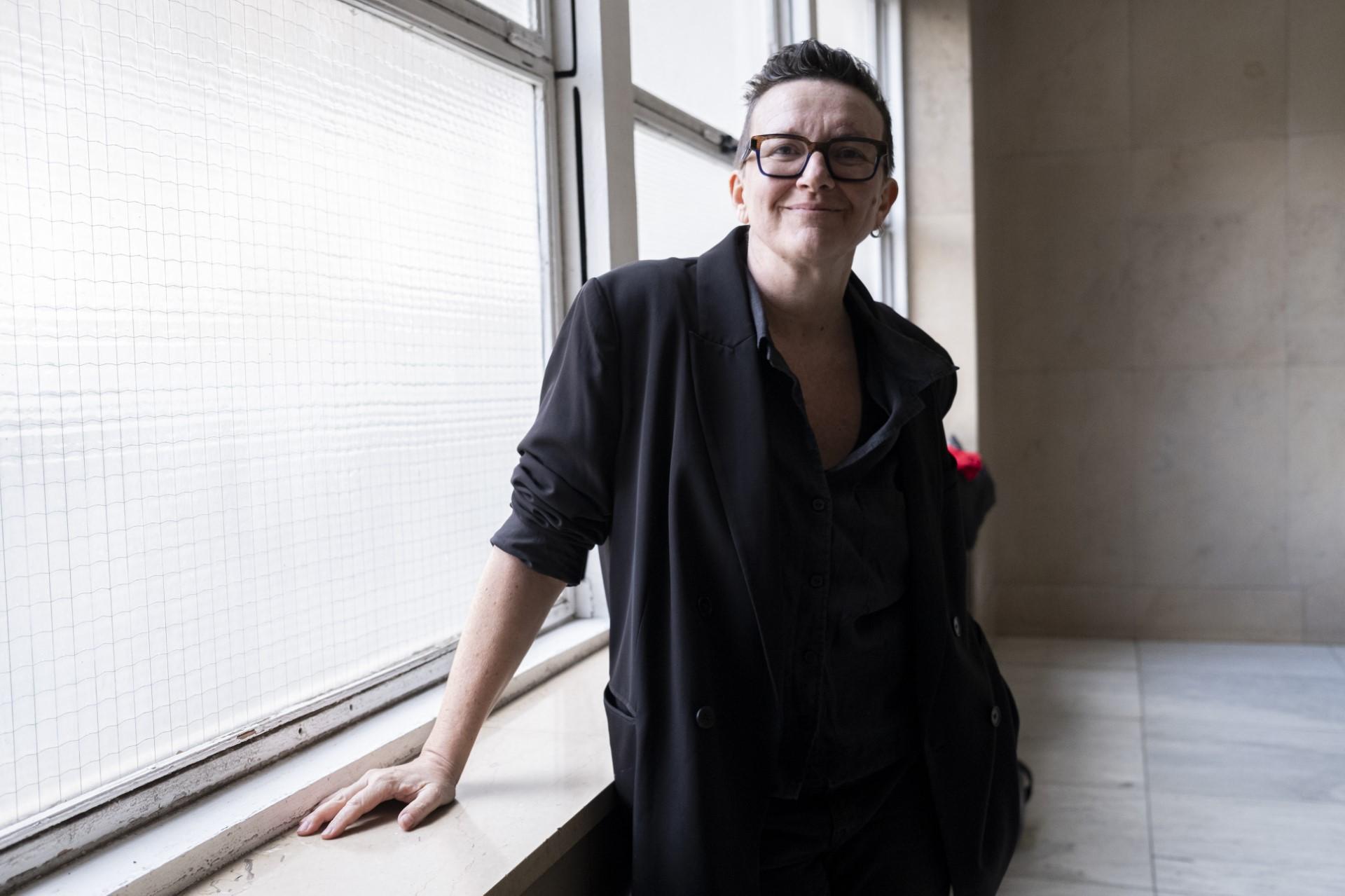Between 1950 and 1970, six million people in the Spanish state were expelled from their place of residence by the biopolitical mechanisms of the Francoist dictatorship.The place of origin of this diaspora, its locus, does not have geographical continuity, but rather ontological continuity, and this process meant the disappearance of the pre-capitalist and pre-agricultural peasant countryside, as well as forms of life that had been persecuted in Europe since the 16th century and that, with us, they come to an end. The descendants of what Pasolini called “the anthropological mutation” have assimilated as their own the history of monumental places, those that I will call “yes-places.” Reclaiming one's own genealogy from the earth under one's nails, from the worlds outside the world, also requires contesting the truth criteria of possible memory and constructing a mutant legacy of being otherness.
Brigitte Vasallo is a writer and researcher working in the areas of the processes of othering, affective policies, and cognitive capitalism. She has published the novel PornoBurka (Ediciones Cautivas, 2013 – with a Prologue by Juan Goytisolo) and also the essay Pensamiento monógamo, terror poliamoroso (Monogamous Thinking, Polyamorous Terror, La Oveja Roja, 2018), an inquiry into the centrality of monogamy in amorous constructions and how this system has been imposed. She has contributed to many jointly authored books, including Un esforç més (One More Effort, edited by Espai en Blanc, Bellaterra, 2013), (H)amor (Love(s), Continta me tienes, 2016), and Relatos Marranos (Smutty Tales, Pol·len Edicions, 2014), among others. As a cultural producer, she directed the first Barcelona Festival of Txarnego Culture and is a member of the Biguette Ballasco performing arts company. She also writes opinion pieces for several media publications like the daily ARA and Pikara Magazine, as well as coordinating a section of the RAC1 radio programme Vostè primer. She is a lecturer in the master’s degree program Gender and Communication at the Autonomous University of Barcelona.
The Mercè Rodoreda Chair in Catalan Studies is part of the Ph.D. Program in Latin American, Iberian, and Latino Cultures at the Graduate Center - CUNY. Created in 2003 and funded by the Institut Ramon Llull, each semester the Mercè Rodoreda Chair offers a course in Catalan literature and culture, and a course in Catalan sociolinguistics, alternatively.







